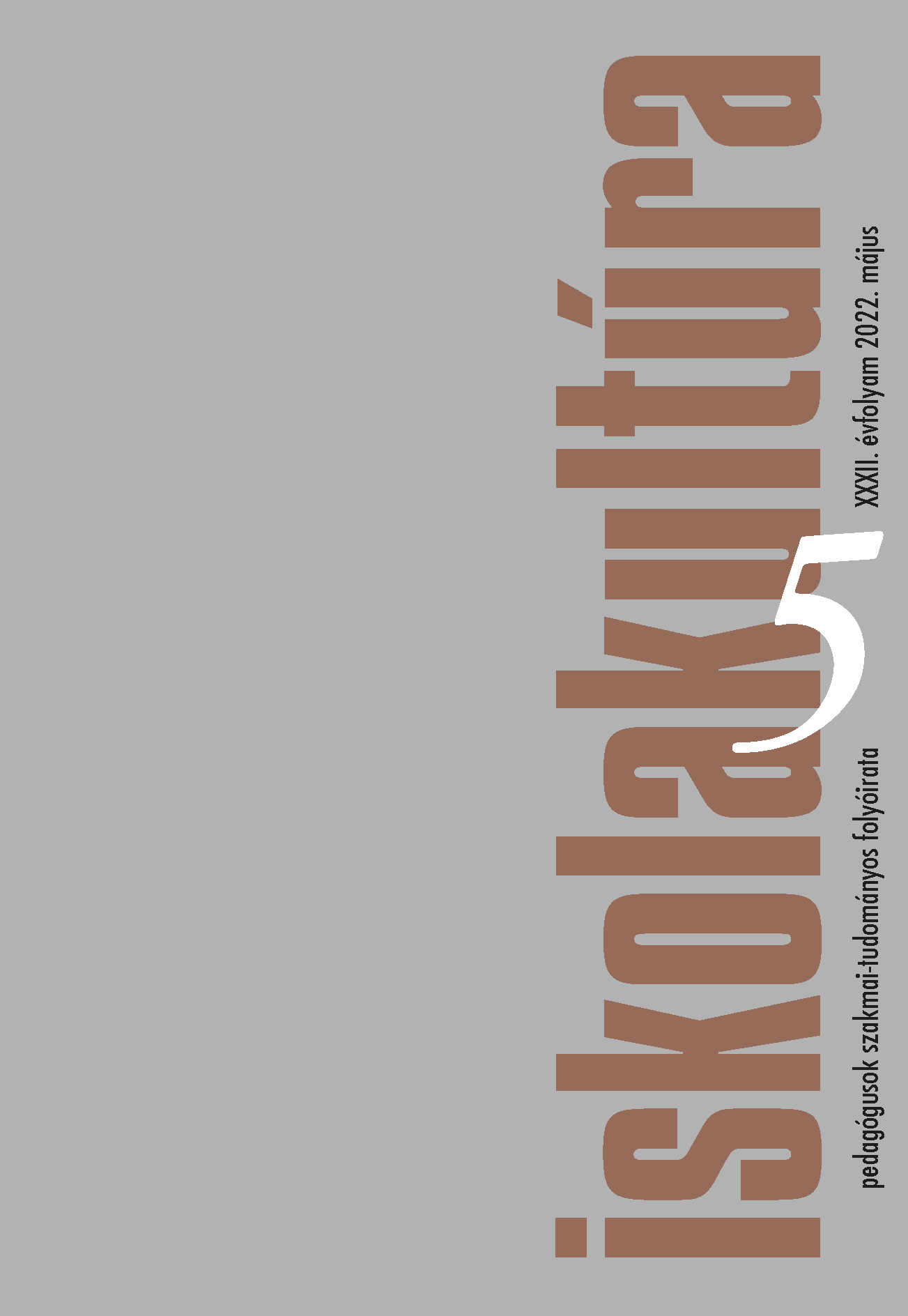Adapting the Teacher Efficacy for Inclusive Practices (TEIP) Questionnaire among primary school teachers in Hungary
Main Article Content
Abstract
In recent decades, as integration has gained ground, the heterogeneity of learning groups has presented teachers with new challenges. Several studies show that the success of integration depends not only on teachers' knowledge but also on their views and beliefs about inclusion and about their own abilities. Thus, investigating these is of vital importance. In this study, we present the Hungarian adaptation and piloting of a measure to assess teachers' self-efficacy for inclusion. The Teacher Efficacy for Inclusive Practices (TEIP) Questionnaire (Sharma et al., 2012) was translated and adapted to the Hungarian educational context. The TEIP-H was completed by 108 primary school teachers in Hungary. Results of the exploratory factor analysis partially supported the structure of the original instrument. Similar to other adaptations, both the factor structure and the reliability analysis justified the omission of some items from the original questionnaire. The Likert scale instrument, containing three subscales and fourteen items, is the first Hungarian questionnaire that assesses teachers' self-efficacy in inclusive/integrating classrooms.
Downloads
Article Details
Funding data
-
Innovációs és Technológiai Minisztérium
Grant numbers FK_ 21 138400

